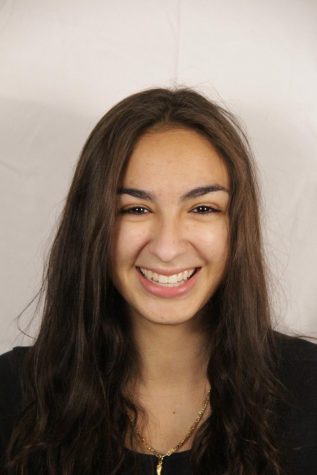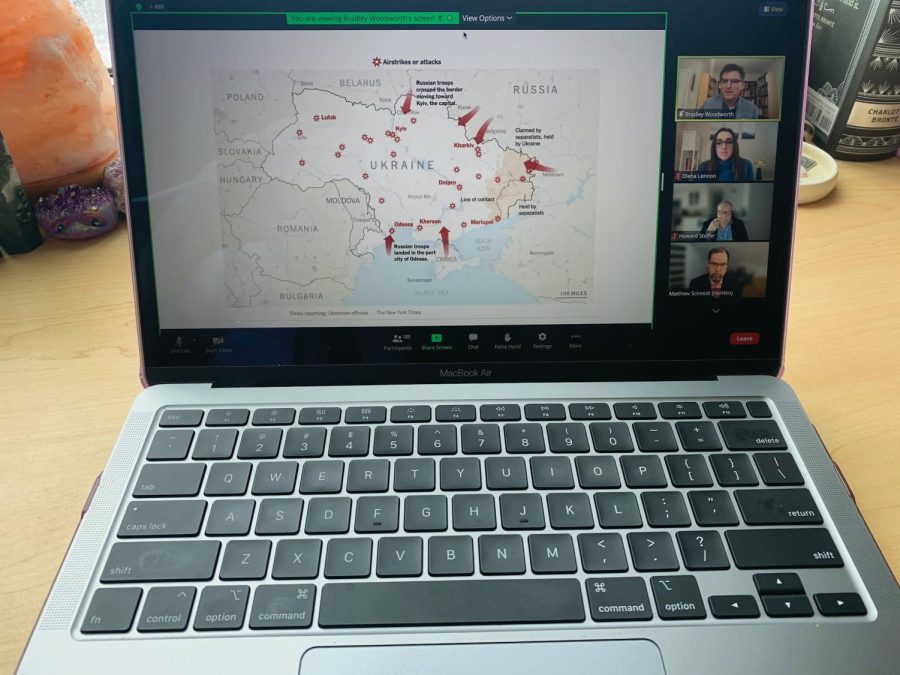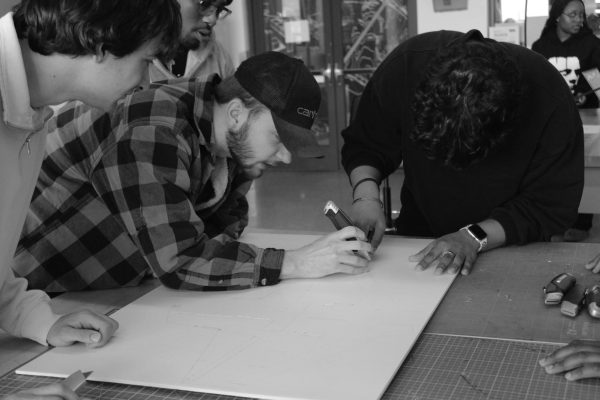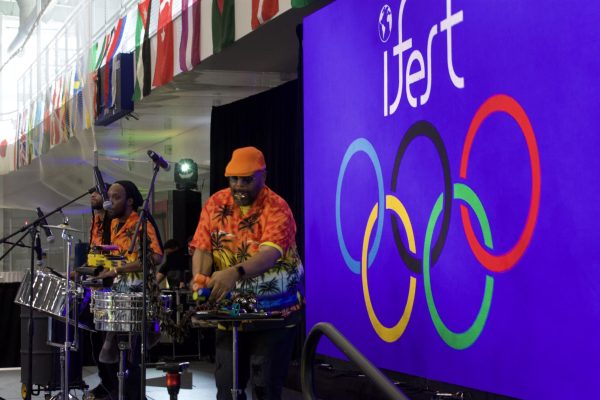University has discussion on Russia’s war against Ukraine
Professors virtually present information on Putin’s activity, West Haven, Feb. 25, 2022.
On Feb. 25, an email from Dean Ophelie Rowe-Allen invited the university community to join a speaker series from the College of Arts and Sciences and Department of National Security, discussing the warring affairs of Russia on Ukraine and the activity of Putin in those regards.
The panel of speakers included a group of representatives from the aforementioned university departments, who spoke on a number of diverse perspectives surrounding Russia’s ongoing invasion of Ukraine.
The first speaker was Matthew Schmidt, associate professor in the national security department, who introduced the group of over 175 students to the eight years of history of conflict between Russia and Ukraine. He began with commentary on how the conflict began in 2004 with the Orange Revolution and briefly described the timeline that led to the invasion that occurred on Wednesday morning.
Schmidt proceeded to discuss the two reasons connected to the development of Putin’s activity. The first, he described as being linked to the realist theory, was that Putin “talks about wanting to protect Russia from the possibility of a NATO-Ukraine” from the potential of invasions of Russia. He continued to debunk these fears through a geographical explanation of point proximity of the concerned actors, and then closed his point by saying that the suggestion that NATO would seek to invade Russia is simply “absurd.”
The second point of Putin’s invasion is tied to the beginning of his time in leadership. Schmidt went into how his early speeches had “a theme about nationalism, where he says the greatest catastrophe of the 20th century was the collapse of the Soviet Union.”
Howard Stoffer, associate professor of national security, spoke on the ways Putin is not fit to run Russia, citing that both his active and intended activity were not rational. Centering the discussion around Putin’s current nuclear affairs, Stoffer said that “This is criminal behavior. It is criminal to threaten to use nuclear weapons against any country that doesn’t have them.”
Daria Kirjanov, practitioner in residence for the Division of Humanities, spoke on the current conflict from a Russian perspective. She repeatedly said that her focus lay on spreading awareness about the position of the Russian people, not the government nor those advocating for Putin’s behavior. The primary points in her discussion fell under the categories of Russian solidarity with Ukraine people that has been occurring across the globe, and an increase in censorship on Russian media.
“Despite these really damaging violations of basic freedoms, there has been a powerful expression of opposition in Russia to this war,” Kirjanov said in regards to the true perspective of those within the country taking a hard stance to authoritative activity.
She then continued to cover the value of the Meduza peace movement, which “is really taking steam.” This motion is run by Russian activists and journalists to resist the activity of Putin and spread information within and outside of the country.
Maintaining up-to-date information surrounding foreign affairs within the university community remains important, as Dean Rowe-Allen indicated in writing, “it is particularly important for us to stay informed and participate in the programs and events across the University that bring us together to learn about and better understand significant global events.”

Mia Adduci is a senior studying communication concentrating in multi-platform journalism and media who began writing for the paper her first semester on...











